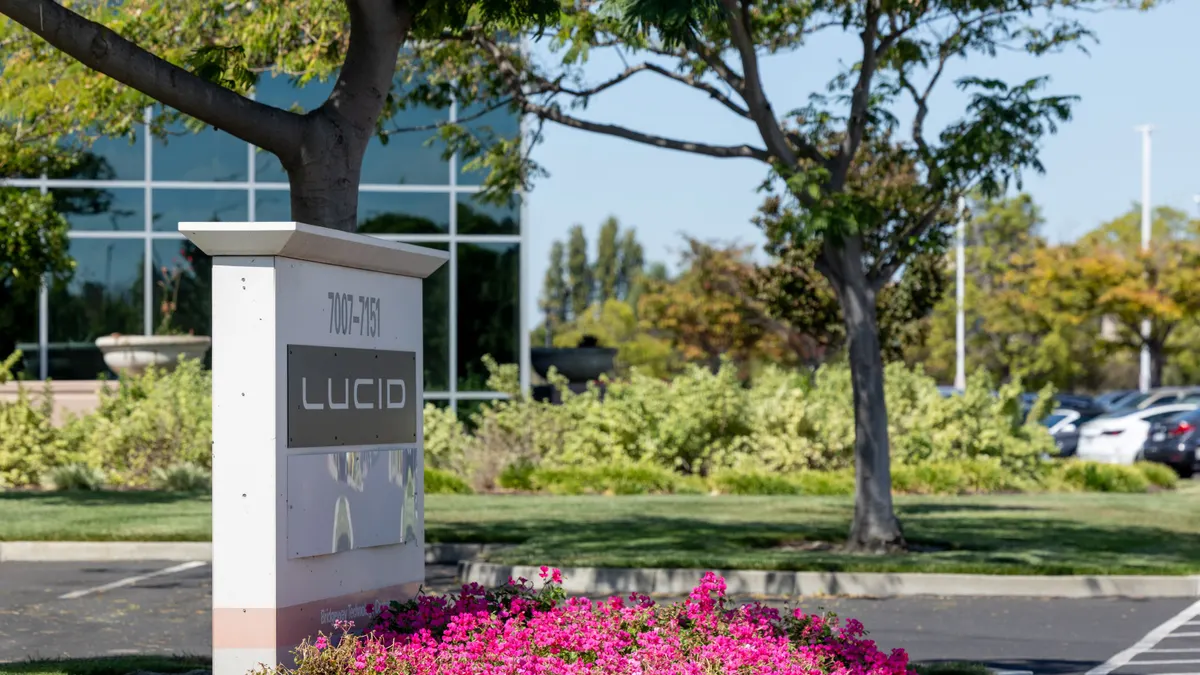The adoption of uniform international accounting standards is becoming more and more likely.
The latest indication: Last week’s release of a PricewaterhouseCoopers study, which showed that an overwhelming percentage of European CFOs endorse converging toward the adoption of a global framework and common language for financial reporting.
Proponents of international accounting standards (IAS) established by the International Accounting Standards Committee (IASC) contend that the measure will deepen European market integration, allow companies to access capital more cheaply, spur economic growth in the nascent European Union, and make international capital markets more efficient.
The study is the latest push in a series of decisive events that have increased momentum toward accounting convergence.
In May 2000, the International Organization of Securities Commissions (IOSCO), a group of world stock market regulators, recommended that all national stock exchanges allow the use of IAS financial statements for cross- border offerings and listings.
In June, the European Commission proposed that all listed companies in the European Union member states be required to use IAS for their consolidated financial statements by 2005. If this proposal becomes law, it will introduce the most sweeping change in European financial reporting in the last 30 years.
About the Study
The PwC study, conducted by Research International, an independent firm, was based on a survey of 717 chief financial officers of listed companies in 15 European Union member states plus Switzerland. When questioned about their views on IAS and on the European Commission’s proposal to demand convergence by 2005, 79 percent of CFOs supported the move and 75 percent expressed interest in the option to publish IAS data before the EC deadline.
“CFOs are increasingly seeing the need for one framework,” says Mary Keegan, PwC’s head of global corporate reporting. “They understand that when they put their data on the world wide Web, they are dealing with a worldwide audience.”
Although the study showed that 79 percent of European CFOs are aware of the EC’s proposal and know that change is coming, board members and CEOs remain largely in the dark on the issue. The reason, according to PriceWaterhouseCoopers, may be due to uncertainty over the status of the EC’s recommendation and the likely reaction of national legislators.
The study further showed that given a choice, 67 percent of CFOs surveyed would make IAS the sole accounting standard over the national generally accepted accounting principles (GAAP) currently employed in most European countries. Currently, 68 percent of companies surveyed use national accounting standards only, 19 percent use IAS alone or with other standards, and 8 percent use U.S. GAAP alone or with other standards. Almost half of the respondents prefer IAS to U.S. GAAP.
Of the EU member states, only Austria, Belgium, Finland and Germany currently allow companies to comply with IAS instead of national GAAP. Because most companies today heavily depend upon access to global capital markets, they must prepare two sets of books — one that complies with national standards and one that follows either U.S. GAAP or, increasingly, IAS.
This double accounting procedure significantly, and according to some, unnecessarily, increases costs. The cost of dual reporting has also impeded IAS proliferation.
CFOs Voice Concerns
PwC’s research determined that business concerns, not technical accounting issues, were the key considerations when contemplating the change to IAS.
The top three areas of concern are:
- Analysts’ views of the apparent change in performance trends that might result.
- Converging internal management reporting with external reporting.
- The impact on the company’s Merger-and- Acquisition policy.
Changes in share price are also a concern, although only 5 percent of respondents who have already converted to IAS point to fluctuation in share price as a problem.
CFOs also worry about training issues and technical and human resource costs. CFO concerns, however, should be allayed by the fact that four out of five companies currently implementing IAS stated that it brought more benefits than obstacles.
In addition to costs for companies, a transition to international accounting standards implies country level infrastructure costs as well. Keegan of PricewaterhouseCoopers tells CFO.com that building the necessary infrastructure requires putting IAS back into the university curriculum, providing professional training for accountants and regulators, and developing adequate enforcement mechanisms.
Four Reasons for Changing
According to PwC, there are four main factors that have created the impetus for change.
- Globalization and the proliferation of the Internet have led investors to demand greater compatibility between different company accounts, regardless of the listing country.
- World governments, particularly the G7 group of finance ministers, have called for action to harmonize accounting rules.
- The restructuring of the IACS, which was created in the 1970s, has allowed the organization to better meet international demands for independence from the accountancy profession.
- A drive to pre-empt financial crises in the wake of the Asian financial debacle has placed a greater premium on transparent disclosure.
A drive in Europe to create a single securities market has created an additional incentive for adopting IAS. Keegan concedes, “As soon as you start bringing exchanges together, you have to find a common regulation, and one way of doing that is through common accounting standards.”
For their part, the Financial Accounting Standards Board (FASB) and the Securities and Exchange Commission in the U.S. have for awhile promoted convergence toward a high- quality set of international standards.
The SEC has taken steps to determine whether, and under what conditions, it should accept financial statements of foreign issuers that are prepared based on standards promulgated by the IASC. In fact, in February of this year the Commission issued a concept release, soliciting input from domestic and foreign entities regarding the quality of IASC standards and the nature of an adequate infrastructure to support their use.
Tim Lucas, FASB director of research & technical activities, tells CFO.com: “We have supported the effort to develop high quality international standards and are trying to support that operation, working to converge U.S. standards with international ones.” He believes that U.S. GAAP will continue to be the predominant accounting standard for some time to come, but stresses that major strides have been made to reconcile diverging standards. Lucas concedes, however, that this process can be achieved only in the long-run.
Despite FASB and SEC support, corporate America’s sentiment toward IAS remains tepid. “Most people in the U.S. haven’t been very interested in hearing about IAS,” says Lucas. “The SEC got very few comment letters in response to its release.”
Lucas contends that U.S. accounting principles are familiar, and in some circles, are still thought to be superior to international standards. “Many people believe that international standards are not yet developed enough to be suitable for use in the U.S,” he claims.
Lucas adds that there are certain areas in which IAS falls short of U.S. GAAP. The IAS, for instance, does not have standards for accounting for insurance companies, or stock compensation, areas that U.S. standards address at length.
Keegan, however, remains confident that convergence toward IAS is the trend in the U.S. as well. She asserts, “The differences between IAS and U.S. GAAP, in terms of the big issues, are much fewer than they were 10 years ago. It’s all moving in the right direction.”




















